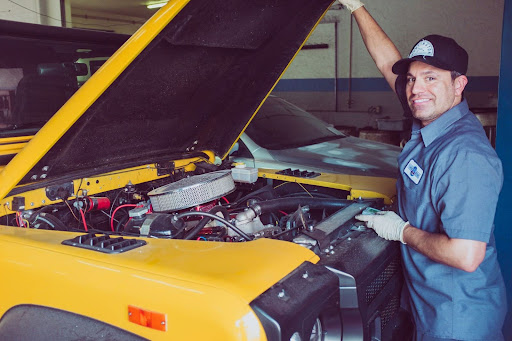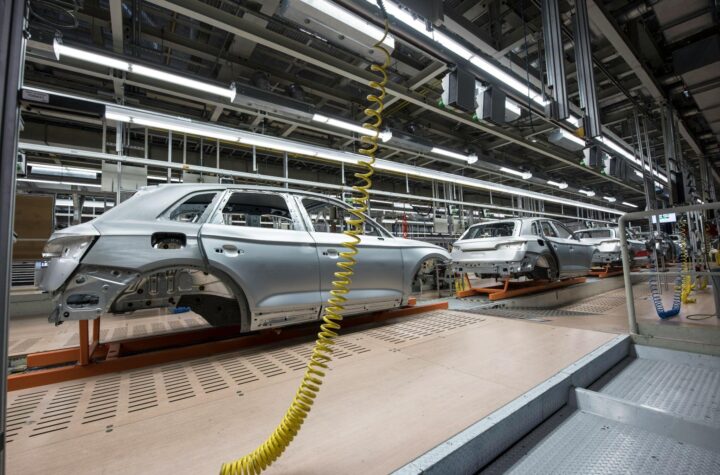
Running a business is a great idea if you have the skills and the drive to set it up. Everything starts with a business idea, which should in turn start with your skills, qualifications, and interests. In this case, if you are a trained mechanic, opening your own automotive repair shop could be a great way to earn more money and take control of your career.
General business tips apply to most industries, including running a mechanic shop. But here are a few more specific tips as well to help you get started.
Finding the Right Location
The first thing you need is a place to work from. A mechanic shop should be large enough to contain the vehicles you’re working on as well as the tools and equipment you need to repair them. You should also have storage for parts, and an office space.
The location itself should be easy to access via car. As with many businesses, the more visible to the road, the better. It also helps to have parking outside so you can move cars around as you need to.
Stocking and Organizing the Shop
Once you have a property that’s appropriate for your needs, you should make sure it’s organized properly.
The office space and restrooms should be nearby but separate from the main workshop. This means that whoever is in the office can work without being interrupted and answer phones or act as a receptionist as needed.
Restrooms always come in handy so people don’t have to leave the workplace to relieve themselves. They can also be good for customers, so try to keep them relatively clean.
You should focus on the shop floor itself. When it comes to mechanic shop organization, you want a clean, bright, and efficient workspace. This will make it safer and easier for you and your mechanics to work on different vehicles. Everything should be easily accessible and allow for a good workflow.
Your Employees
Even small mechanic shops often have a few employees, which allows you to work on a couple of cars at a time and still have time for breaks.
Make sure you hire people you can work well with and who have the right qualifications for the job. Remember that you’re building a team who will help you with your business, so think about how people get on as well as their skills.
Getting the Right Tools and Parts
Every mechanic shop needs tools. Some of your employees might prefer to bring their own tools, but you should still have some sets in the shop along with larger equipment.
Think about whether it’s worth hiring or buying equipment for the work at hand.
It’s also beneficial to find vendors for car parts, ideally at a discount. This lowers costs for you and your customers.
Customer Relationships
Mechanic shops live and die from reputation and word of mouth, so make sure you treat your customers well and build a reputation of honesty. This way, they will recommend you to others.





More Stories
Eco-Friendly Commuting: Affordable Ecological Cars for Students
How Automotive Students Can Apply for Internships at Ford, BMW, and Toyota
Transforming Your Business with the Power of Social Media Advertising